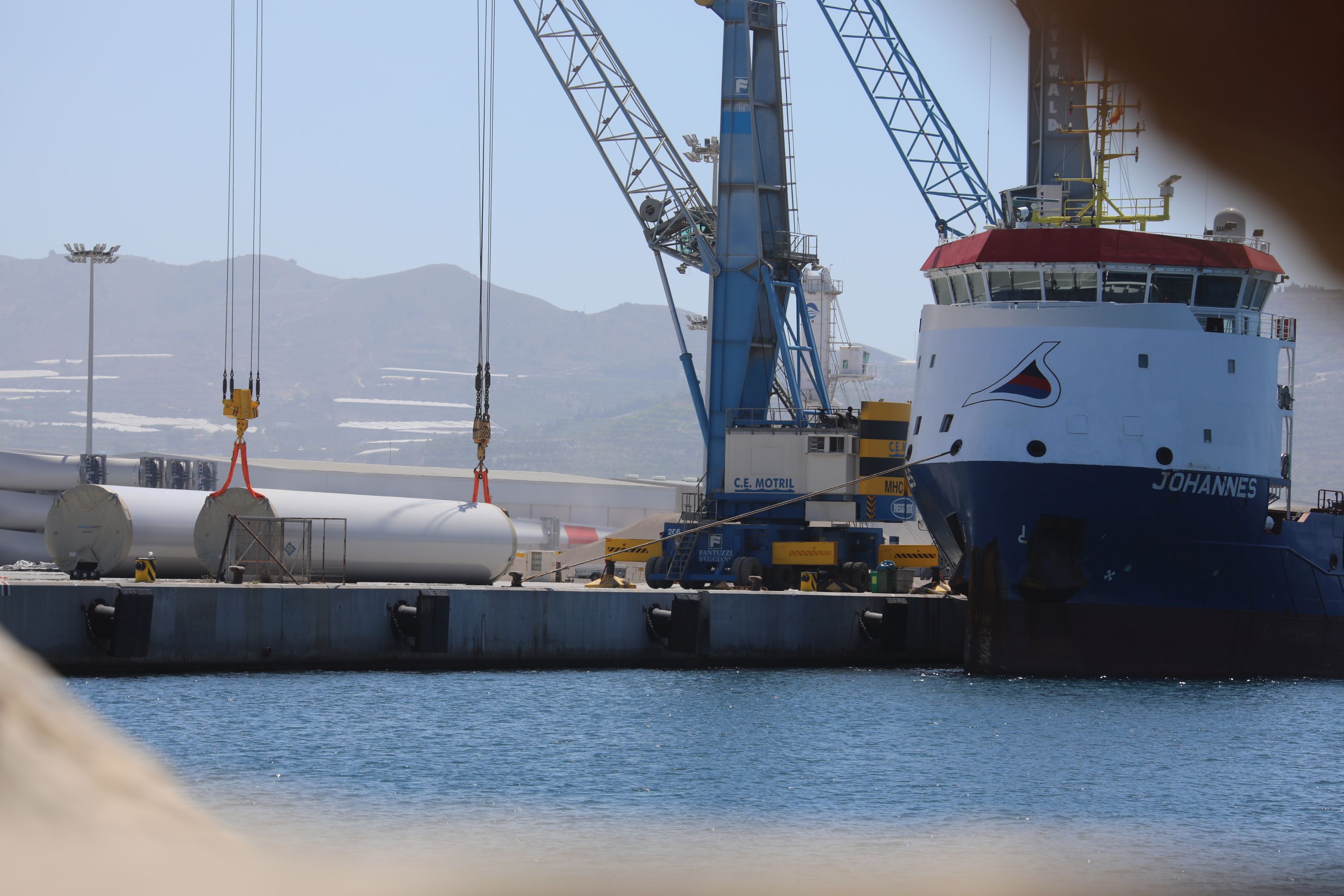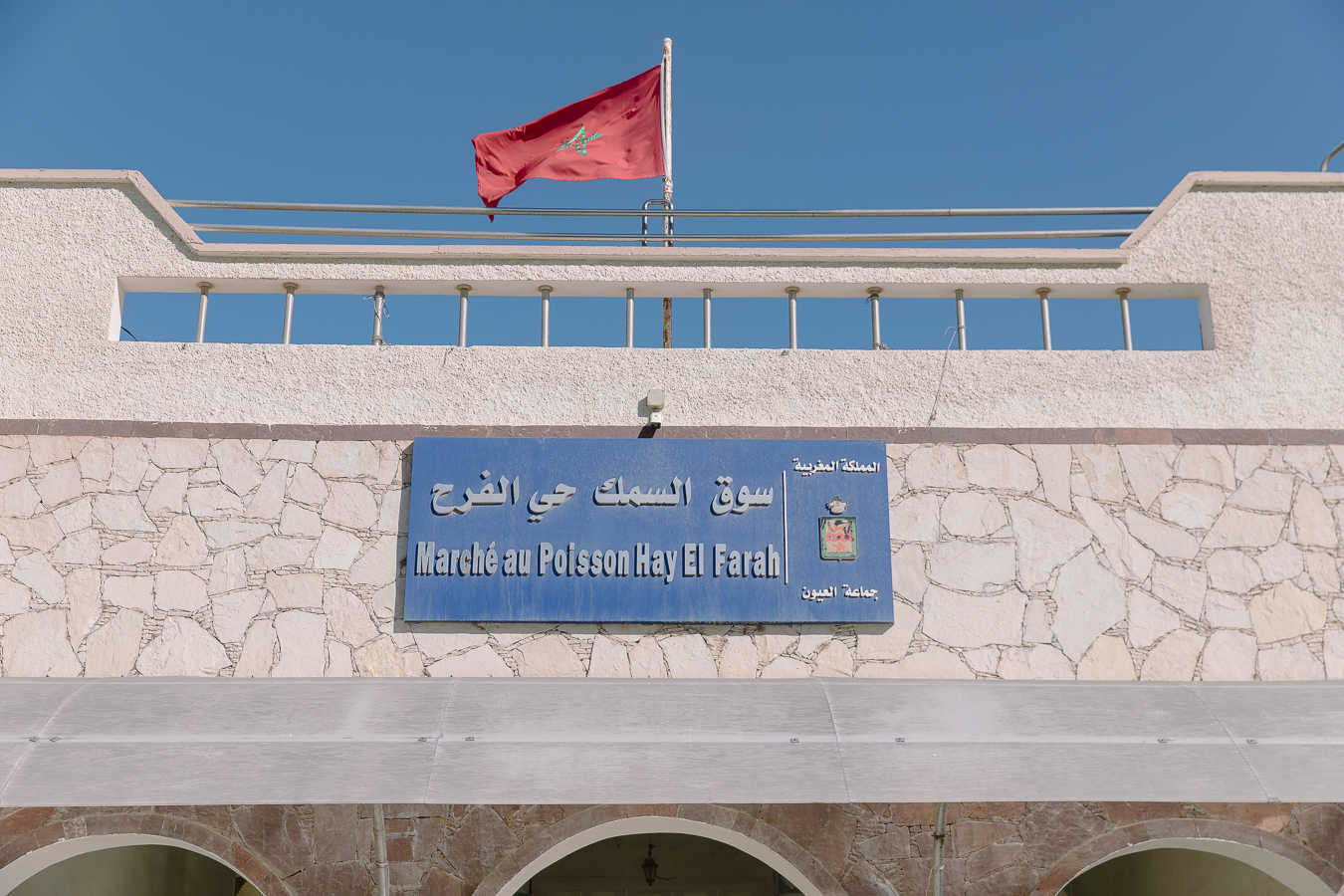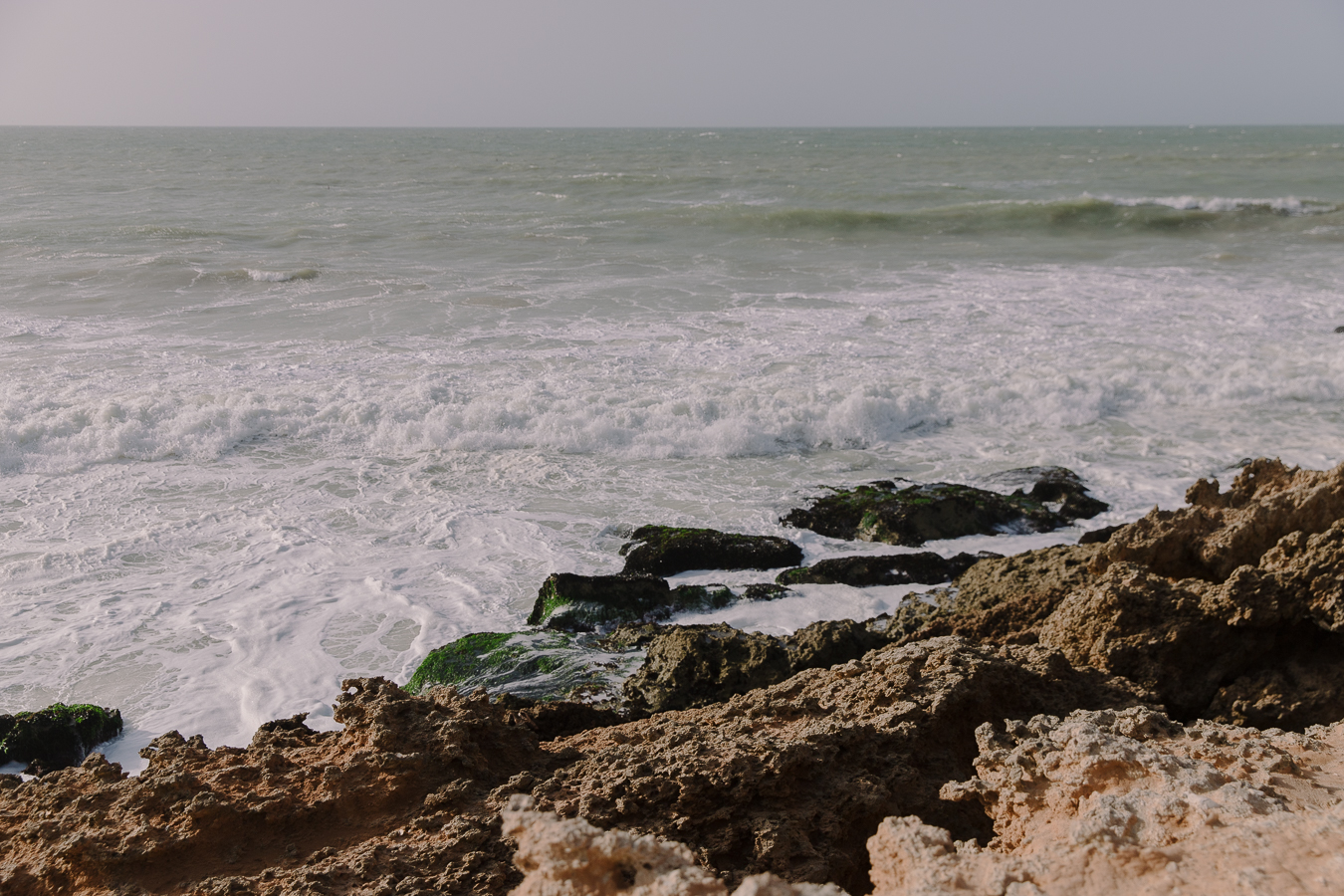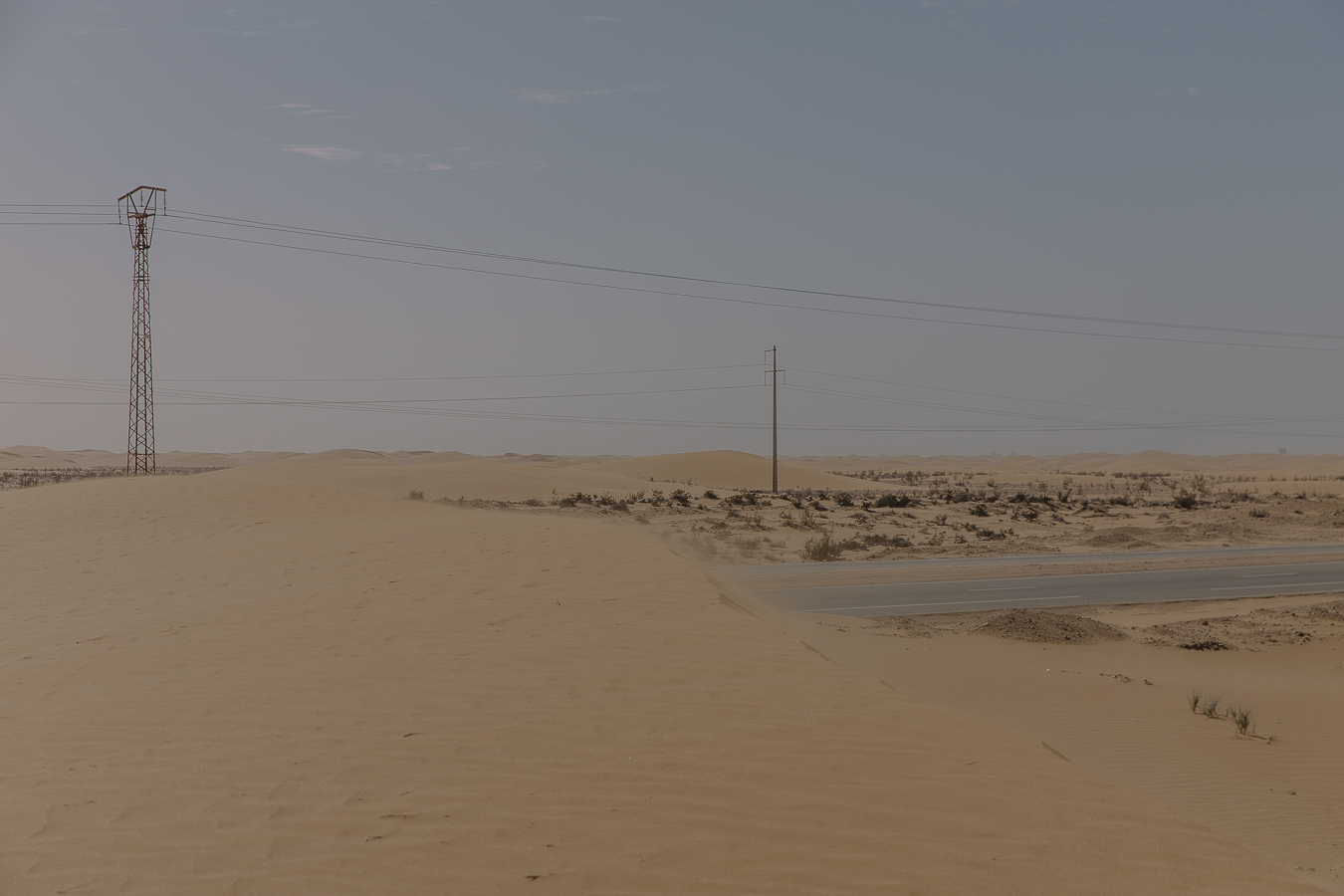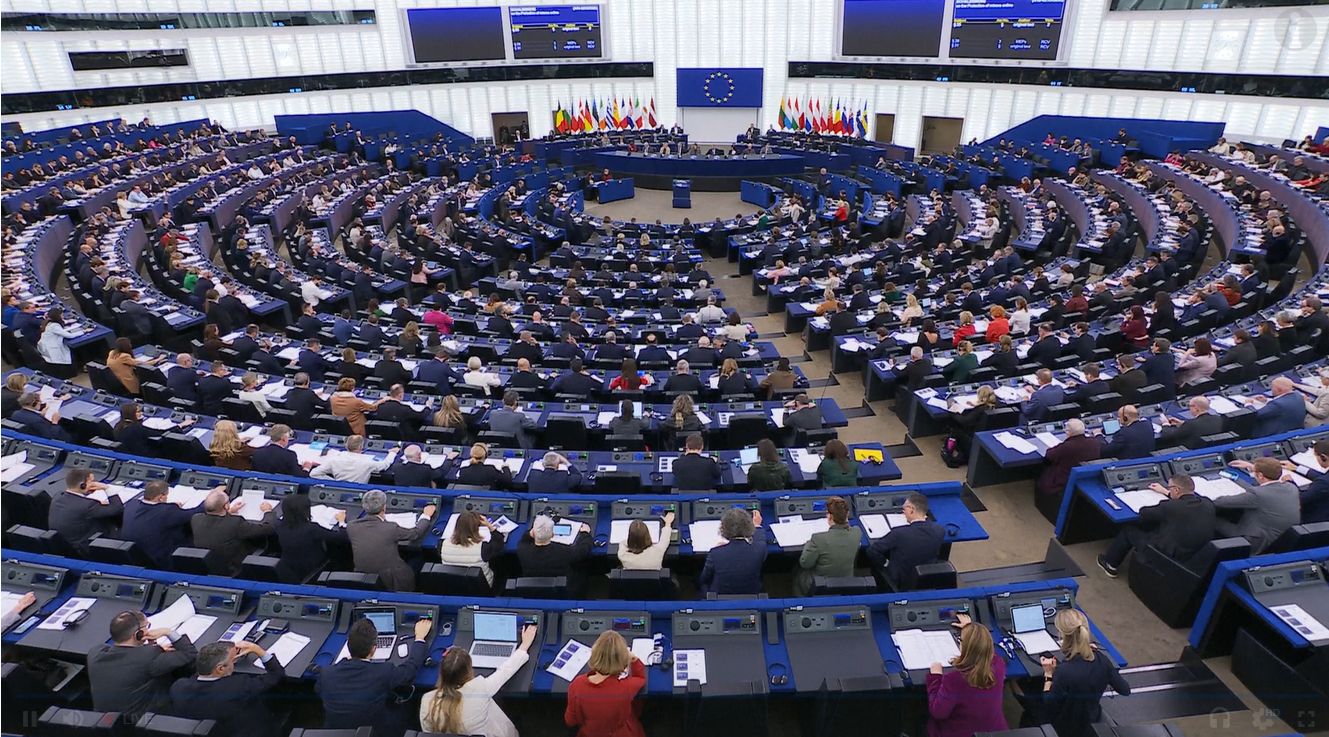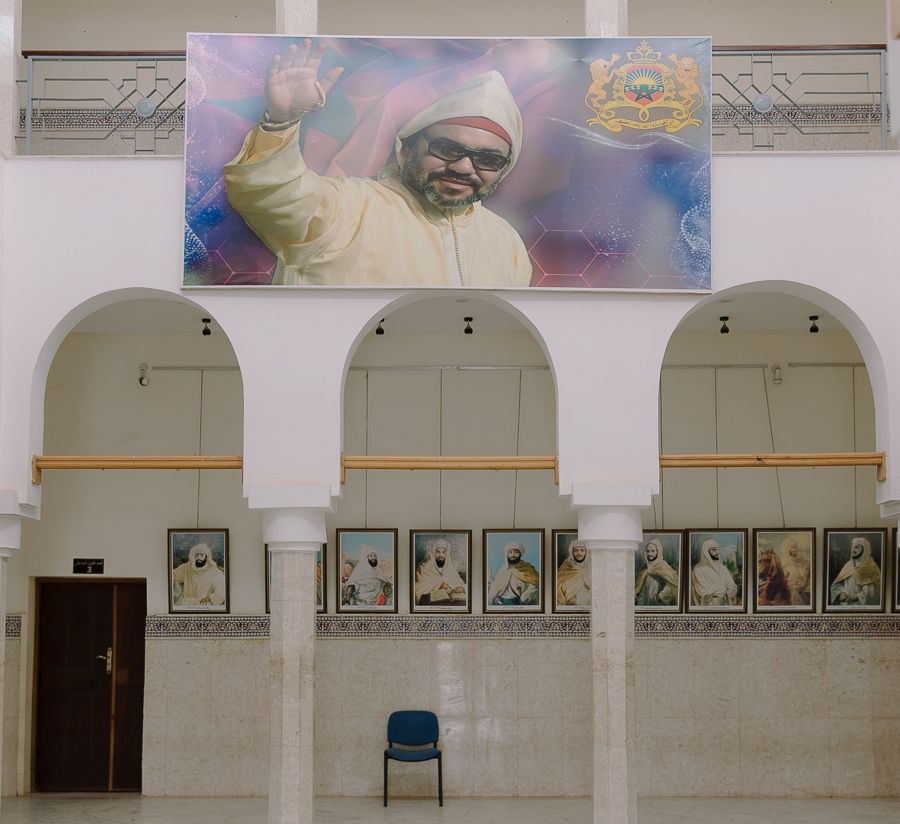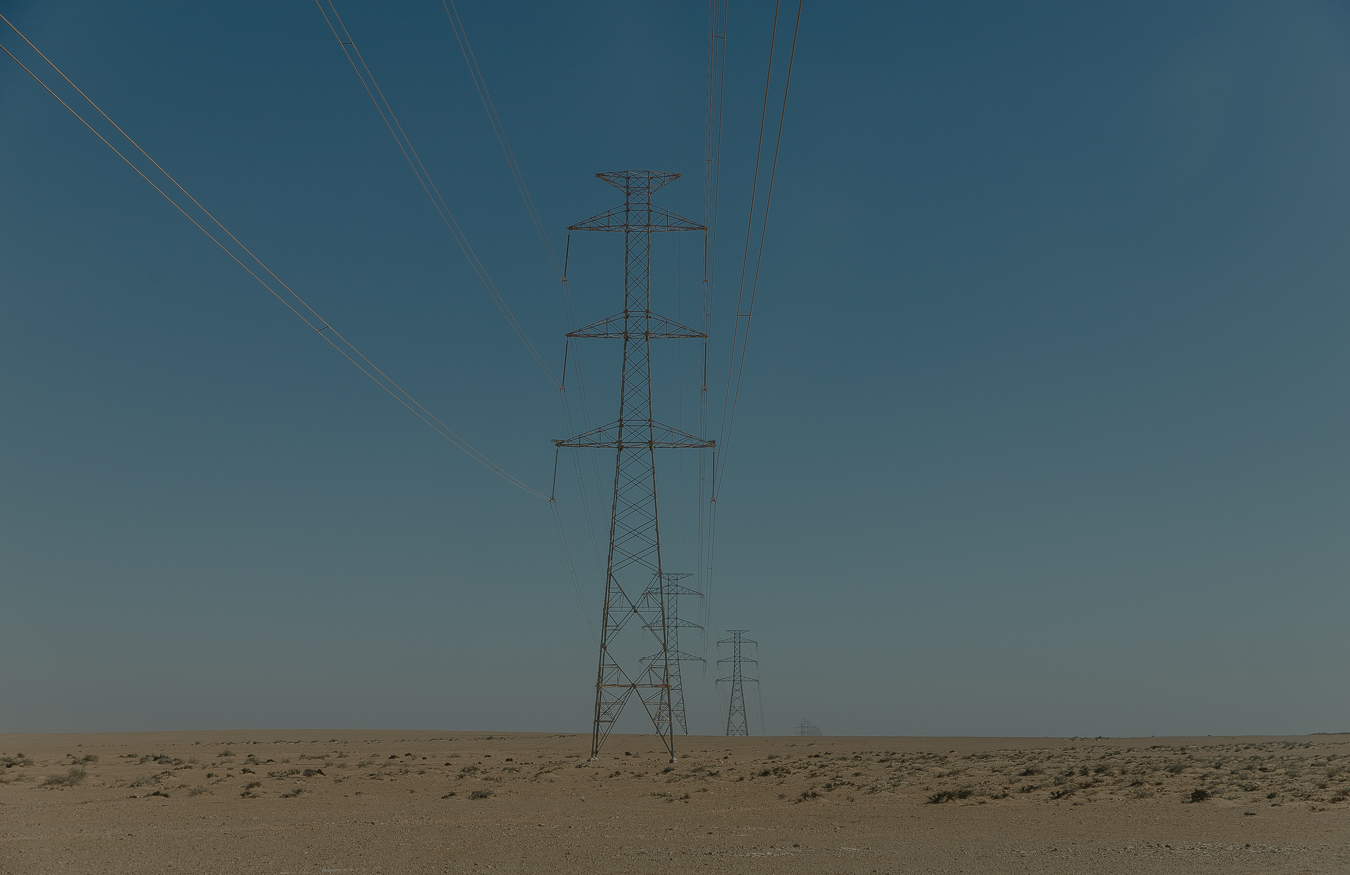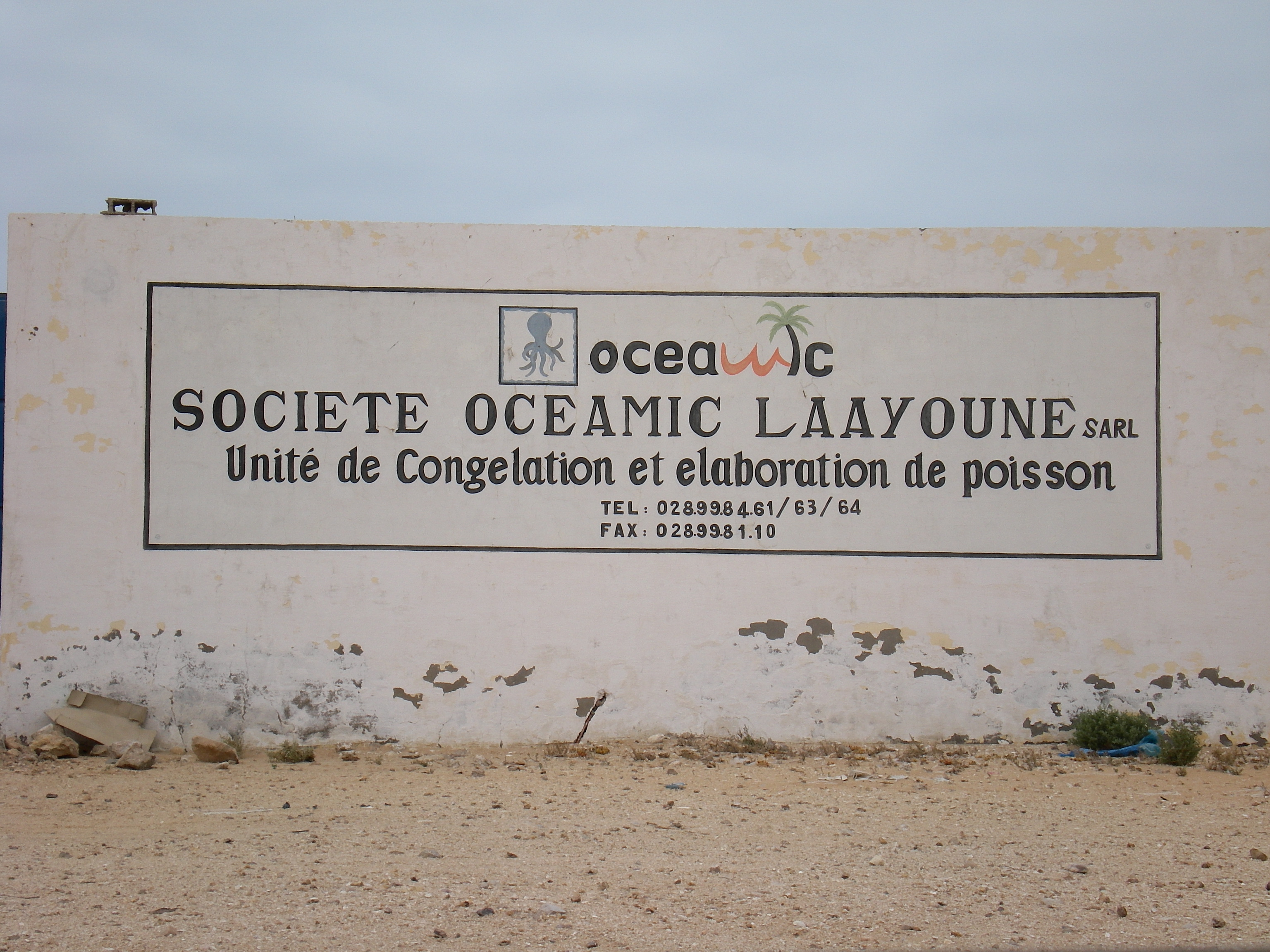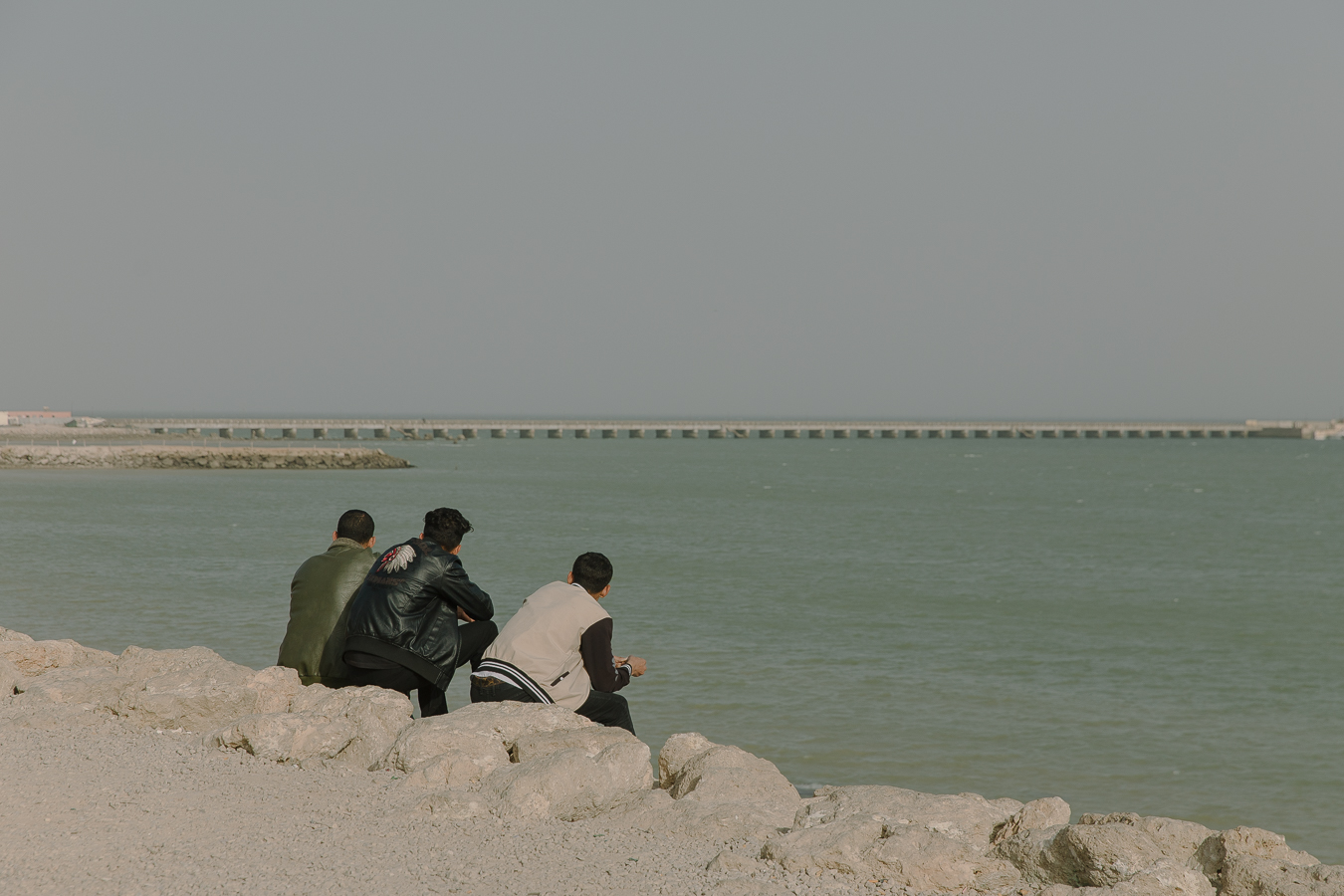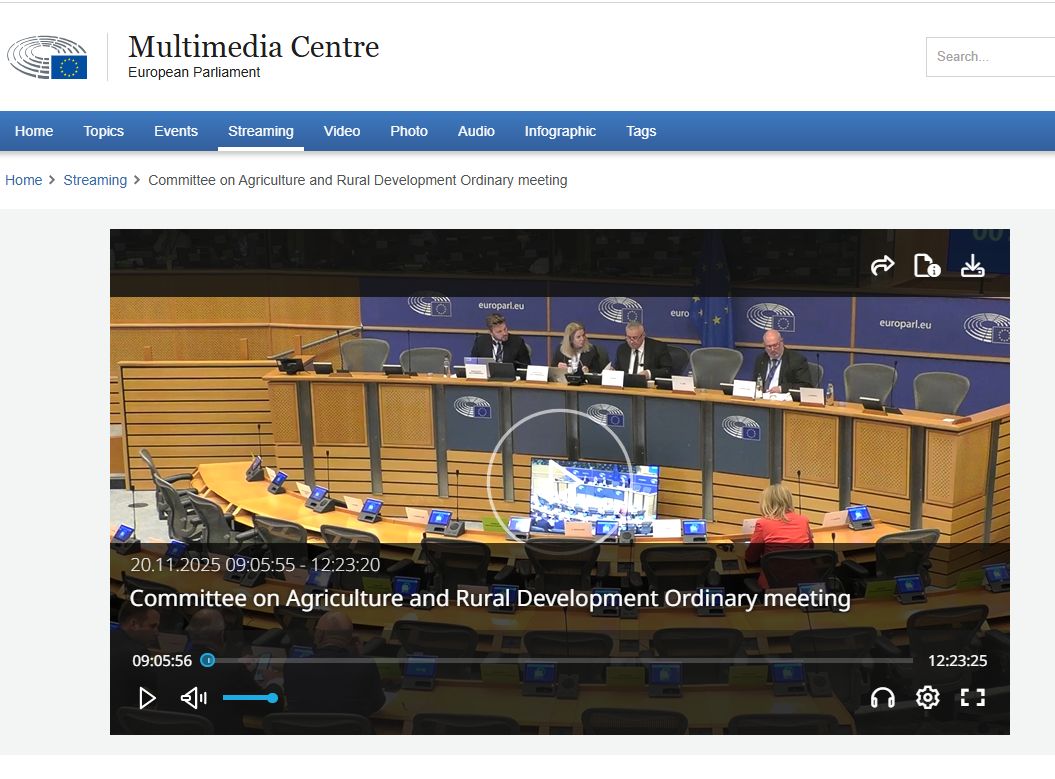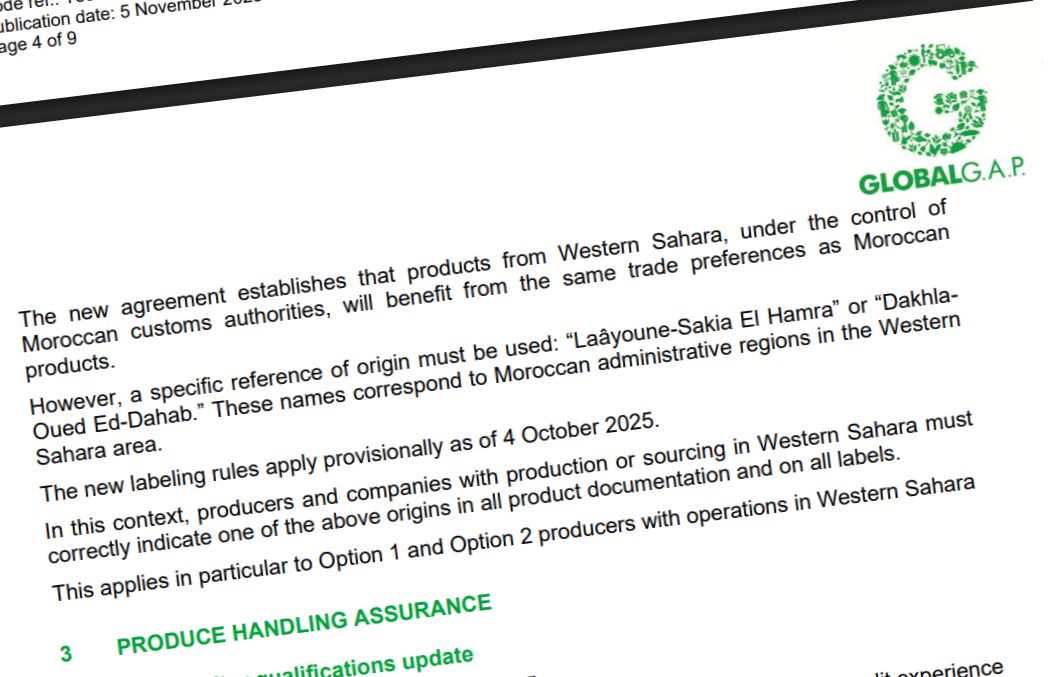Marokko möchte sich als wichtiger Lieferant strategischer Mineralien für westliche Mächte positionieren und hat daher ein neues Abkommen mit den USA unterzeichnet, das die Gewässer der Westsahara und die dort vorkommenden kritischen Mineralien umfasst.
Marokkos Vorstoß im Bereich grüner Wasserstoff hat einen entscheidenden Schritt nach vorne gemacht – auf einem Gebiet, das ihm rechtlich nicht gehört.
Eine gemeinsame Erklärung, die aus der Sitzung des EU-Marokko-Assoziationsrates der vergangenen Woche hervorging, verlangt von den Lesenden, an Märchen zu glauben: dass ein nicht ausgearbeiteter Autonomieplan, auferlegt von einer Besatzungsmacht, das Recht auf Selbstbestimmung befriedigen kann und dass die Achtung des Völkerrechts mit der systematischen Missachtung der Urteile des höchsten Gerichts der EU koexistieren kann.
Während sich die Europäische Union zu Recht hinter das Recht der Grönländer:innen stellt, angesichts des Drucks von außen über ihre eigene Zukunft zu entscheiden, findet in Brüssel still und leise ein Test für das tatsächliche Engagement der EU für Selbstbestimmung statt.
Es ist nicht einfach, den Überblick über die zahlreichen Gerichtsverfahren in Bezug auf die Westsahara zu behalten. Dieser Artikel bietet eine Übersicht über die Fälle, die das Gebiet betreffen und die vor dem Gerichtshof der Europäischen Union (EuGH) verhandelt wurden.
Der neue Bericht dokumentiert, wie internationale Zertifizierungsstandards Marokkos umstrittenem Handel mit Fischerei- und Agrarprodukten aus der besetzten Westsahara schönreden und verharmlosen.
Das Schweizer Zertifizierungsunternehmen SGS veröffentlicht gravierende Fehlinformationen auf MarinTrust-Zertifikaten, die eigentlich „verantwortungsvolle“ Fischereipraktiken belegen sollen.
Neuerscheinung: WSRW veröffentlicht heute einen neuen Bericht über die massiven und äußerst problematischen Projekte im Bereich erneuerbare Energien, die Marokko in der besetzten Westsahara realisiert.
Das weltweit größte Zertifizierungssystem für „sichere und nachhaltige Tierfuttermittel“ überprüft nicht, ob seine zertifizierten Fischfuttermittelhersteller ihre Produkte aus illegaler Fischerei in der besetzten Westsahara beziehen, wo die Fänge das Selbstbestimmungsrecht des sahrauischen Volkes verletzen.
Das Zertifizierungssystem beendet seine Zusammenarbeit mit der Azura Group und erklärt, dass Unternehmen in den besetzten Gebieten künftig keine Zertifizierungen mehr erhalten werden.
Lassen Sie sich nicht von der marokkanischen Rhetorik über saubere Energie dieser neuen 1.000 km langen Stromleitung täuschen – hier geht es um die infrastrukturelle Annexion besetzten Landes.
187 Parlamentarier:innen haben dafür gestimmt, das Urteil des EuGH, die Interessen der EU-Landwirt:innen, die Rechte der EU-Verbraucher:innen und den Willen des sahrauischen Volkes zu missachten.
Der Druck auf das Handelsabkommen zwischen der EU und Marokko wächst, da französische Landwirt:innen heute rechtliche Schritte eingeleitet haben und das Logistikzentrum von Azura für Produkte aus der Westsahara in Perpignan stürmten.
Die EU-Gesetzgeber:innen hatten heute eine einmalige Gelegenheit, sich für die europäischen Verbraucher:innen einzusetzen. Mit einer soliden Mehrheit im Rücken hätte das Parlament beinahe die Entscheidung der Kommission gekippt.
Die französische Azura-Gruppe, ein Produzent von Agrar- und Aquakulturprodukten in der besetzten Westsahara und Marokko, hat eine bemerkenswert politische Haltung eingenommen – sie lobt offen Marokkos „nationale Sache” und „territoriale Integrität”.
Das schwedische Unternehmen S2H2+Bm Concept AB hat sich bislang geweigert, klarzustellen, ob seine geplante Anlage für grünen Wasserstoff in Marokko oder in der besetzten Westsahara errichtet werden soll.
Trotz wiederholter Anfragen klärt die Organisation nicht, warum ihr Lebensmittelsicherheitszertifikat gesetzliche Grenzen ignoriert.
Eine staatlich organisierte Mission wird kanarische Unternehmen noch in diesem Monat in die besetzte Westsahara führen.
Abgeordnete aller Fraktionen im Europäischen Parlament haben heute die Europäische Kommission zur Rede gestellt, da sie eine Lockerung der EU-Vorschriften zur Kennzeichnung von Produkten aus der besetzten Westsahara vorsieht, um Marokko zu beschwichtigen.
Das deutsche Zertifizierungssystem, das sich für die Einhaltung gesetzlicher Vorschriften einsetzt, hat irreführende Informationen über die EU-Kennzeichnungsvorschriften für Produkte aus der besetzten Westsahara verbreitet.







